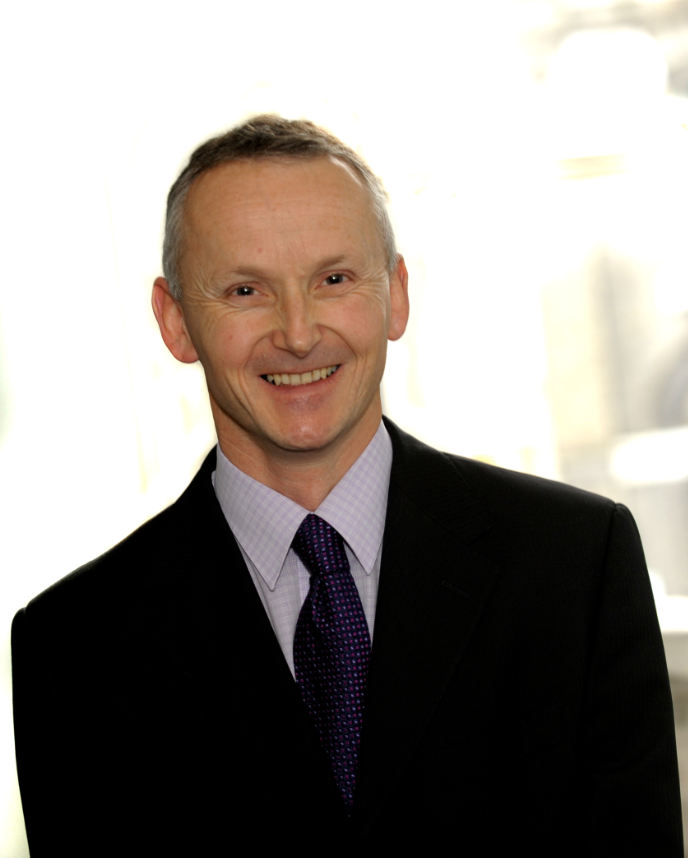By Mark Williams, chief executive, British Egg Industry Council
The number of Avian Influenza (AI) cases continue to rise, at the time of writing this it stands at 172 cases, all except one of the cases were found in Great Britain. There were 158 cases between 1 October 2021 and 30 September 2022, worrying this has been exceeded in the current AI season. It is fortunate that the new case numbers are not as high as previously seen, but we must all realise that a second wave of infection is possible, we cannot take our eye off the ball at such a crucial point. The effect on those sites which have been infected has been devastating, with significant stress and worry for both the producers and their staff. We continue to press government on improving how compensation is calculated, lifting disease control zones as fast as possible and looking at future options to protect flocks.
Combating and eradicating AI has been the main goal, while at times it must be to control the spread, not only is this becoming increasingly difficult, but the loss of birds is unacceptable. Therefore, we believe that vaccination is the way forward and is being seriously considered by many countries. The Netherlands has been conducting research on pullets, while in France on ducks. The continent of South America has been very fortunate and AI free, but different countries are vaccinating as a precaution to protect commercial flocks. Ideally, we need the UK, EU and USA to start vaccination at the same time. In the UK we are working with government on a joint industry and government task force to explore options and to develop recommendations for the use of vaccination against HPAI.
The road to vaccination will not be entirely smooth however, and there are several points that must be addressed before AI vaccination becomes the norm. Effective vaccines must be developed, which can be easily administered, accompanied with a cost-effective surveillance system in place. There is also the issue of international trade, barriers could develop between those who choose to vaccinate or not. This emphasises the importance of bringing as many nations along the journey as possible. There is much to discuss including which poultry species would be vaccinated, noting that it is likely to be long-lived birds such as layers, layer breeders, broiler breeders, turkey breeders, duck breeders, plus those most susceptible to infection, such as turkeys and ducks. However, regardless of the viability of the vaccination solution, the first and most important line of defence against infection is biosecurity.
Moving onto labelling, the solution the BEIC put in to place from the 1 February, when the 16-week derogation period for free range flocks ended, continues. This will remain the case until the housing order is lifted, for now, all free-range eggs are being labelled as barn.
The All-Party Parliamentary Group for Eggs, Pigs and Poultry held its Annual General Meeting, as required by parliamentary rules and procedures. This was an opportunity for the group to welcome new members from both the House of Commons and House of Lords, to discuss a broad outline of events and activities that the APPG could undertake for the benefit of the various sectors. For example, last year the APPG held a ‘meet your farmer’ breakfast event in Parliament, with over 80 parliamentarians and farmers attending to discuss the pertinent issues while enjoying a breakfast of locally farmed produce. The BEIC provides the secretariat for the APPG, which will be holding similar and hopefully even larger events this year.


